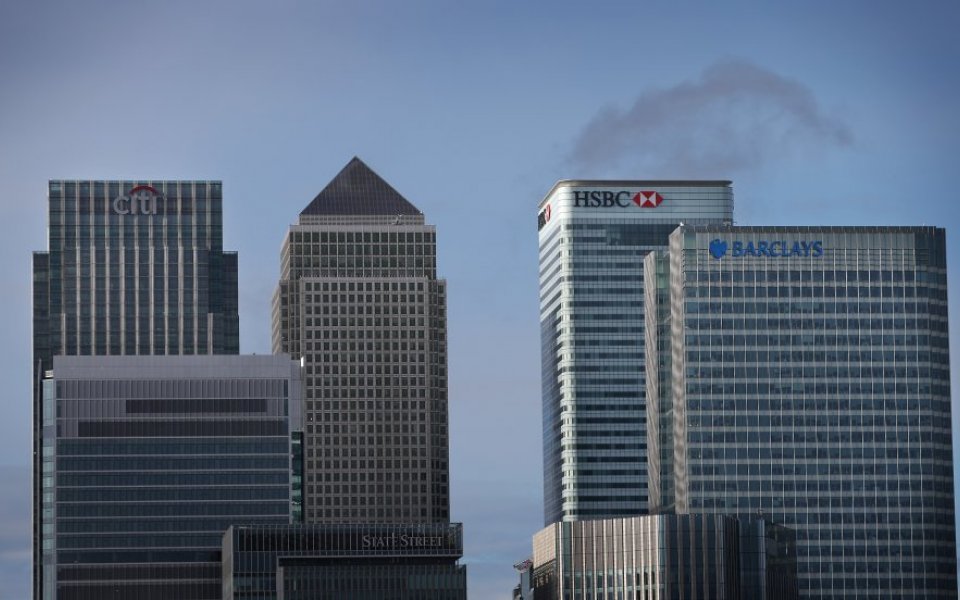Competition and Markets Authority rejects calls to break up big banks in retail banking review

The competition watchdog has ruled out breaking up Britain’s biggest banks and defended so-called free banking practices.
The Competition and Markets Authority (CMA) published the preliminary results of its 18-month investigation into the retail banking sector this morning.
The watchdog launched the investigation over concerns the “Big Four” banks – Lloyds, RBS, HSBC and Barclays – have an overwhelming 77 per cent market share of active current accounts.
But in its report today, the CMA said it had provisionally rejected breaking up the big banks "as it was decided that they were not likely to be effective in addressing…competition concerns".
"The problems in the market are unlikely to be resolved by creating more, smaller banks; it is the underlying issue of lack of switching which has to be addressed."
The CMA also rejected calls to end “free banking”, a policy that is initially popular with consumers but some experts say leads to lower customer satisfaction in the long run.
The organisation said it saw "no convincing evidence that the prevalence of the [free] model distorted competition", although it "noted that some banks have already devised accounts which compete with free-if-in-credit (FIIC) through the rewards they offer, and also noted that FIIC accounts give a reasonable deal to many customers".
However, analysts at PwC have called the free banking model “unsustainable”, adding that it “may increase the likelihood of mis-selling in the future”. PwC retail banking leader Steve Davies said: “Compared to other countries, the UK is an anomaly with the ‘free banking’ model it has adopted for personal current accounts. In other countries, customers expect to pay directly for current accounts in some way, such as ATM charges and monthly fees.”
“As many of us know, UK current accounts are not free at all and are paid for through overdraft charges, penalty fees and uncompetitive or zero rates of interest,” he added.
“A more sustainable approach is that customers are asked to pay a fair price in return for reasonable services, which would reduce the risk of banks seeking to recover these costs by selling other products and services that the customer may not want or need.”
The British Bankers' Association (BBA) welcomed the CMA's report, with BBA chief executive Anthony Browne saying the CMA's recommendations "build on existing measures by high street banks".
"The report has a number of pragmatic suggestions to increase awareness of switching, which will further put customers in control of their banking choices."
The CMA has estimated that current account users could save £70 a year by switching banks. The watchdog said that people who rely on overdraft could save even more money – up to £260 each year – if they changed their lender.
The British Chambers of Commerce (BCC), meanwhile, criticised the CMA's report, with BCC director general John Longworth saying: “While proposals to help SMEs switch banks or compare costs are positive moves, they are unlikely to be game-changing."
"The CMA is effectively endorsing a status quo that many businesses find unacceptable," Longworth added. "While it chose to avoid massive structural change in the business banking market, the CMA could have suggested further remedies to boost competition, or signalled alternatives to government, such as a beefed-up British Business Bank."